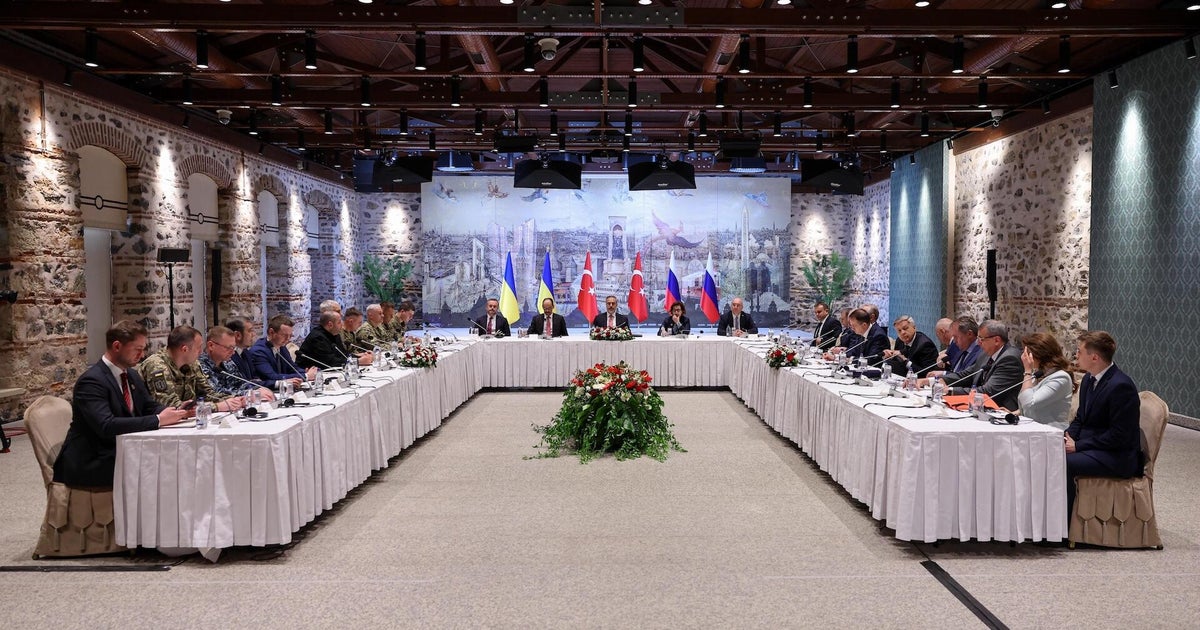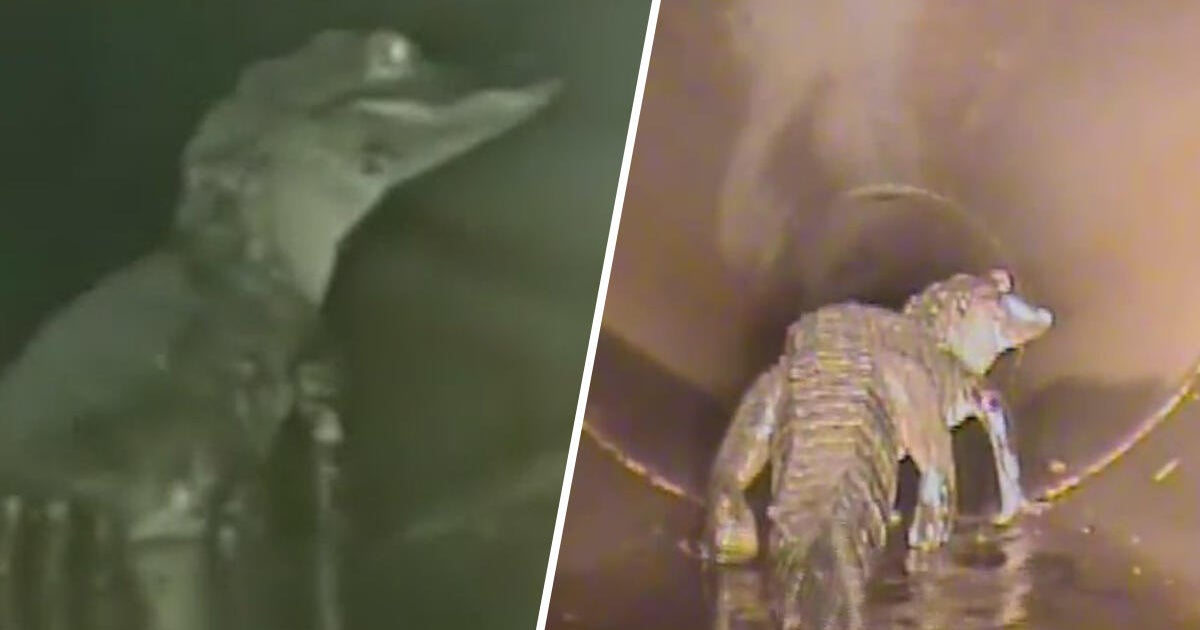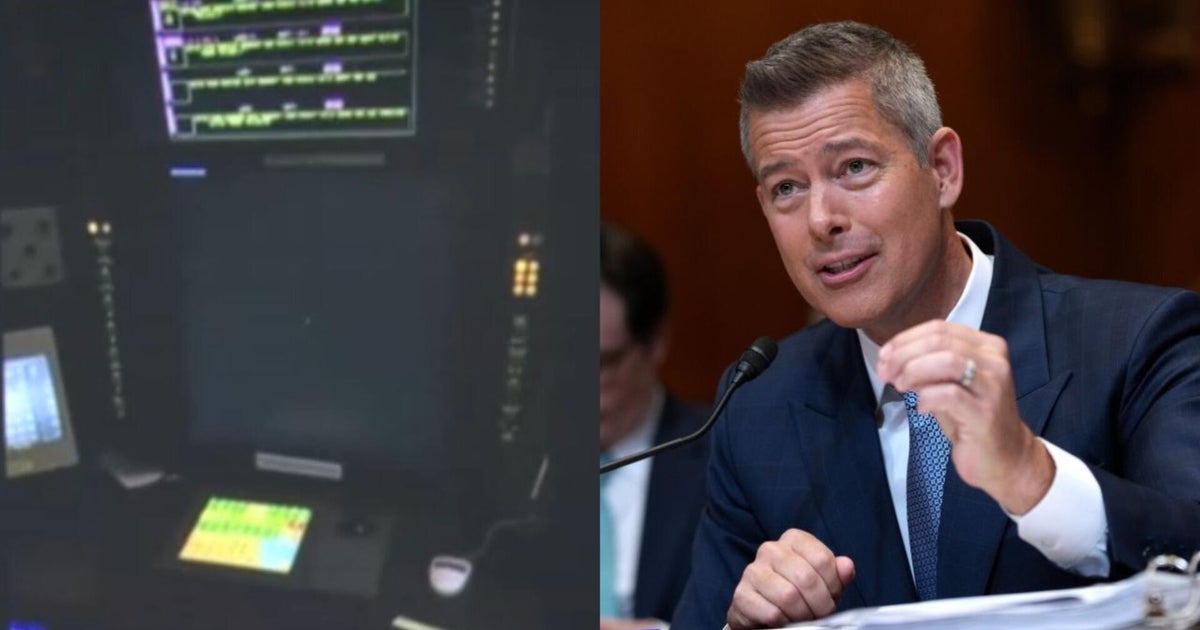A federal judge will hear arguments Friday on the government's assertions of privilege to withhold details of what the Trump administration has done to facilitate the return of Kilmar Abrego Garcia, the Maryland man who was deported to a prison in El Salvador as the result of an "administrative error."
Earlier this month, the Trump administration appeared to invoke the state secrets privilege and other privileges to withhold information in the case from Abrego Garcia's attorneys as they continue to seek his release, attorneys for Abrego Garcia accused the government of having "stonewalled" court-ordered fact finding in the case.
U.S. District Judge Paula Xinis allowed the expedited discovery process to begin last month after Abrego Garcia's legal team accused the Trump administration of failing to follow her order to facilitate his return to the U.S. The Supreme Court had agreed that the administration had to facilitate Abrego Garcia's release from Salvadoran custody and "ensure that his case is handled as it would have been had he not been improperly sent to El Salvador."
Abrego Garcia, who was born in El Salvador, entered the U.S. illegally in 2011 and has been living in Maryland since then. He was granted a withholding of removal, a legal status, in 2019 that prevented the government from deporting him back to his home country of El Salvador because of a risk of persecution by local gangs.
But Abrego Garcia was among the hundreds of migrants sent by the Trump administration to CECOT in March.
A federal immigration official acknowledged that his removal to El Salvador was an "administrative error," but the administration has since declined to return him to the U.S. Instead, top administration officials have claimed Abrego Garcia is a member of the gang MS-13, citing allegations from a confidential informant. His lawyers, however, argue that Abrego Garcia is not a member of MS-13 or any other gang, and has never been charged or convicted of any crimes in the U.S., El Salvador or any other country.
The administration's assertion of the privilege was revealed in an order last week from U.S. District Judge Paula Xinis, which asked lawyers for Abrego Garcia and the Justice Department to file additional legal papers about the administration's "invocations of privilege, principally the state secrets and deliberative process privileges."
Attorneys for Abrego Garcia are asking for Xinis to grant additional depositions in their discovery efforts including potentially a deposition with someone with first-hand knowledge of efforts to return Abrego Garcia from the White House. The Justice Department called the request "unreasonable" and added that more depositions "goes well beyond the limited discovery the Court granted."
The Justice Department had indicated last month that it would invoke certain privileges to protect information regarding Abrego Garcia's removal from the U.S., citing in a filing the attorney-client privilege, state secrets privilege and certain executive privileges.
Administration lawyers had said that a request for documents from Abrego Garcia's legal team about the terms of any arrangement regarding the government's use of El Salvador's notorious prison to house deportees from the U.S. "calls for the immediate production of classified documents, as well as documents that defendants may elect to assert are subject to the protections of attorney-client privilege and the state secrets privilege."
President Trump and other top administration officials have repeatedly said it is up to El Salvador whether to release Abrego Garcia. As of April 21, he was being held at a lower-security facility in Santa Ana, according to a declaration from a State Department official.
In a separate case in Washington, D.C., the Justice Department has argued in court that due to a financial agreement with the Salvadoran government, it does not have constructive custody over the detainees who were moved from the U.S. under the Alien Enemies Act once they are in CECOT or other Salvadoran prisons, and cannot be compelled to return Abrego Garcia or any other person detained in El Salvador under the agreement.
Jacob Rosen








